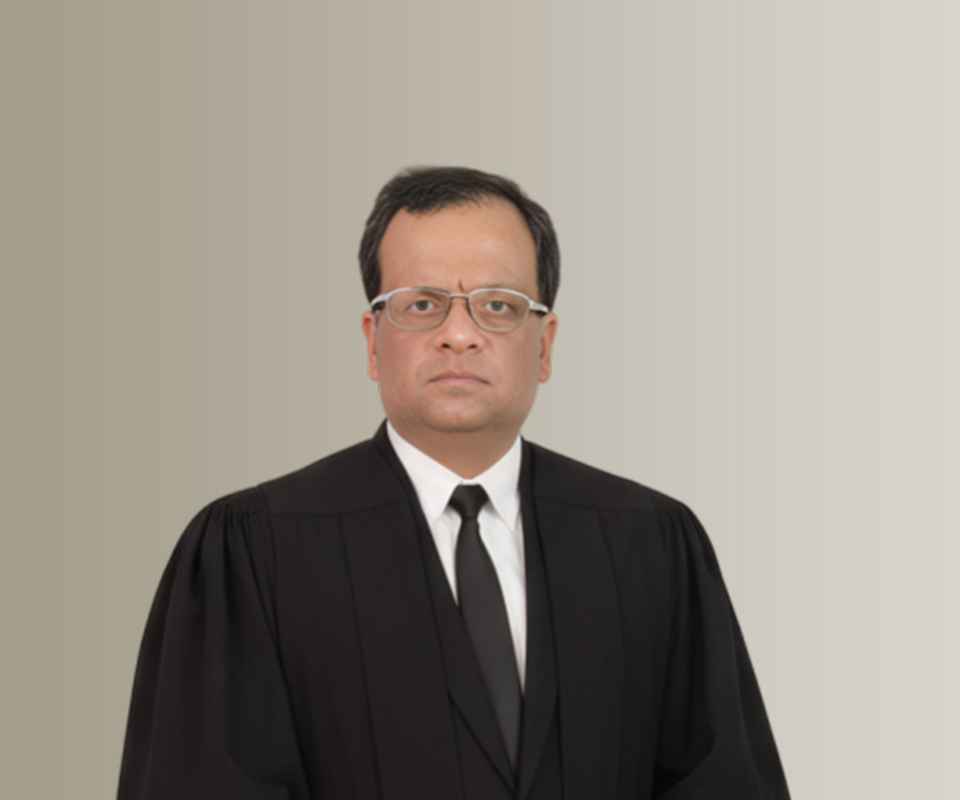Answer By law4u team
The death of a tenant during a lease term can present various legal and practical issues for both the landlord and the tenant's family or estate. The lease agreement does not automatically terminate upon the death of the tenant, but certain legal procedures and considerations must be followed.
What Happens When a Tenant Dies During the Lease Period?
1. Lease Continuation or Termination:
Lease Does Not Automatically End: Generally, a lease does not automatically terminate upon the death of the tenant unless the lease specifically includes a clause stating otherwise. The lease agreement remains in effect, and the landlord or the tenant’s estate must handle the next steps.
Responsibility for Rent: The tenant's estate may be responsible for continuing to pay rent for the remainder of the lease term unless otherwise specified in the lease or local law. Family members or the executor of the estate must work with the landlord to ensure rent payments are made.
2. Notifying the Landlord:
The tenant’s family or estate executor should notify the landlord as soon as possible about the tenant’s death. This is an important step to ensure the landlord is aware of the situation and to discuss how to proceed.
Landlord's Response: The landlord may choose to allow the tenant’s family to continue living in the rental property, or the landlord may wish to terminate the lease early. The landlord's decision may depend on the terms of the lease agreement, local laws, and the specific circumstances.
3. Responsibility for the Lease and Property:
Executor’s Role: The executor of the deceased tenant’s estate becomes responsible for managing the tenant's financial obligations, including paying rent, until the lease is either terminated or transferred.
Family Moving Out: The tenant’s family may choose to vacate the property. In this case, they are required to notify the landlord, and they should ensure the property is returned in good condition, per the lease terms.
4. Death Clause or Subleasing Provisions:
Some lease agreements contain a death clause that specifies how the lease should be handled if the tenant dies. It may give the landlord the right to terminate the lease or allow the tenant’s family to continue the lease under certain conditions.
If the lease does not have a death clause, the tenant's estate may have to negotiate with the landlord to either terminate or transfer the lease.
5. Security Deposit:
The tenant's security deposit will typically be returned to the estate after any necessary deductions for damages or outstanding rent. The family or executor should ensure the property is inspected and cleared of any issues before moving out to facilitate the return of the deposit.
Legal Recourse and Tenant's Family Rights:
Continuing the Lease:
If the tenant had a co-signer or someone else on the lease agreement, that person might be able to continue the lease. Alternatively, family members may be able to negotiate with the landlord for a lease transfer.
Negotiating with the Landlord:
If the family or estate wishes to terminate the lease early, they must discuss this with the landlord. In some cases, the landlord may agree to release the estate from the lease without penalty, especially if the lease has a death clause.
Example:
A tenant living in a rental apartment unexpectedly passes away. The tenant’s family informs the landlord of the death and explains that they do not wish to continue with the lease. The landlord and the estate agree that the family will vacate the property, and the landlord agrees to release the estate from further rent obligations. The family clears the apartment, and the security deposit is refunded after an inspection.







